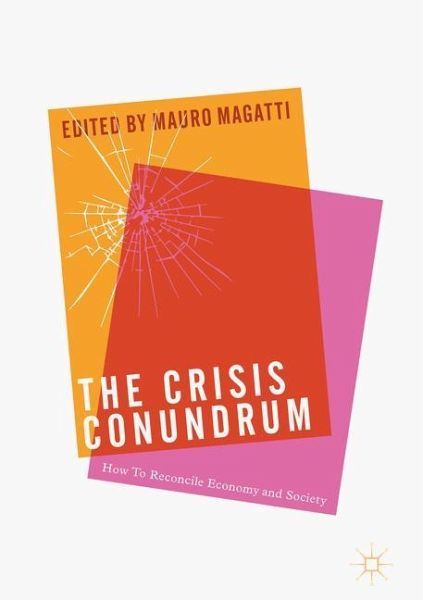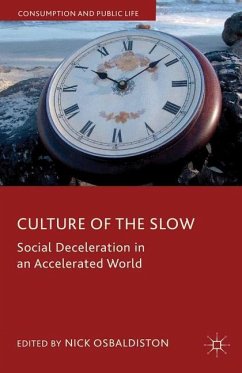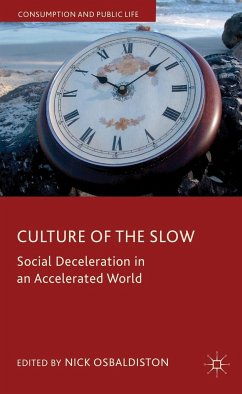
The Crisis Conundrum
How To Reconcile Economy And Society
Herausgegeben: Magatti, Mauro

PAYBACK Punkte
38 °P sammeln!
This collection addresses the path to a new prosperity after the Great Recession. The contributors ask that if the 2008 crisis proved the unsustainability of the neoliberal development model, what does well-being mean today in advanced western democracies? What kind of production and consumption will be a feature of the coming decades? What are the financial, economic, institutional and social innovations needed to reconcile economy and society after decades of disembedding? The Crisis Conundrum offers an interdisciplinary interpretation of the crisis as an opportunity to reform capitalism and...
This collection addresses the path to a new prosperity after the Great Recession. The contributors ask that if the 2008 crisis proved the unsustainability of the neoliberal development model, what does well-being mean today in advanced western democracies? What kind of production and consumption will be a feature of the coming decades? What are the financial, economic, institutional and social innovations needed to reconcile economy and society after decades of disembedding? The Crisis Conundrum offers an interdisciplinary interpretation of the crisis as an opportunity to reform capitalism and consumption societies, structurally as well as culturally.
Students and scholars across a range of disciplines, including sociology, economics, development studies and European studies, with find this book of interest.
Students and scholars across a range of disciplines, including sociology, economics, development studies and European studies, with find this book of interest.












